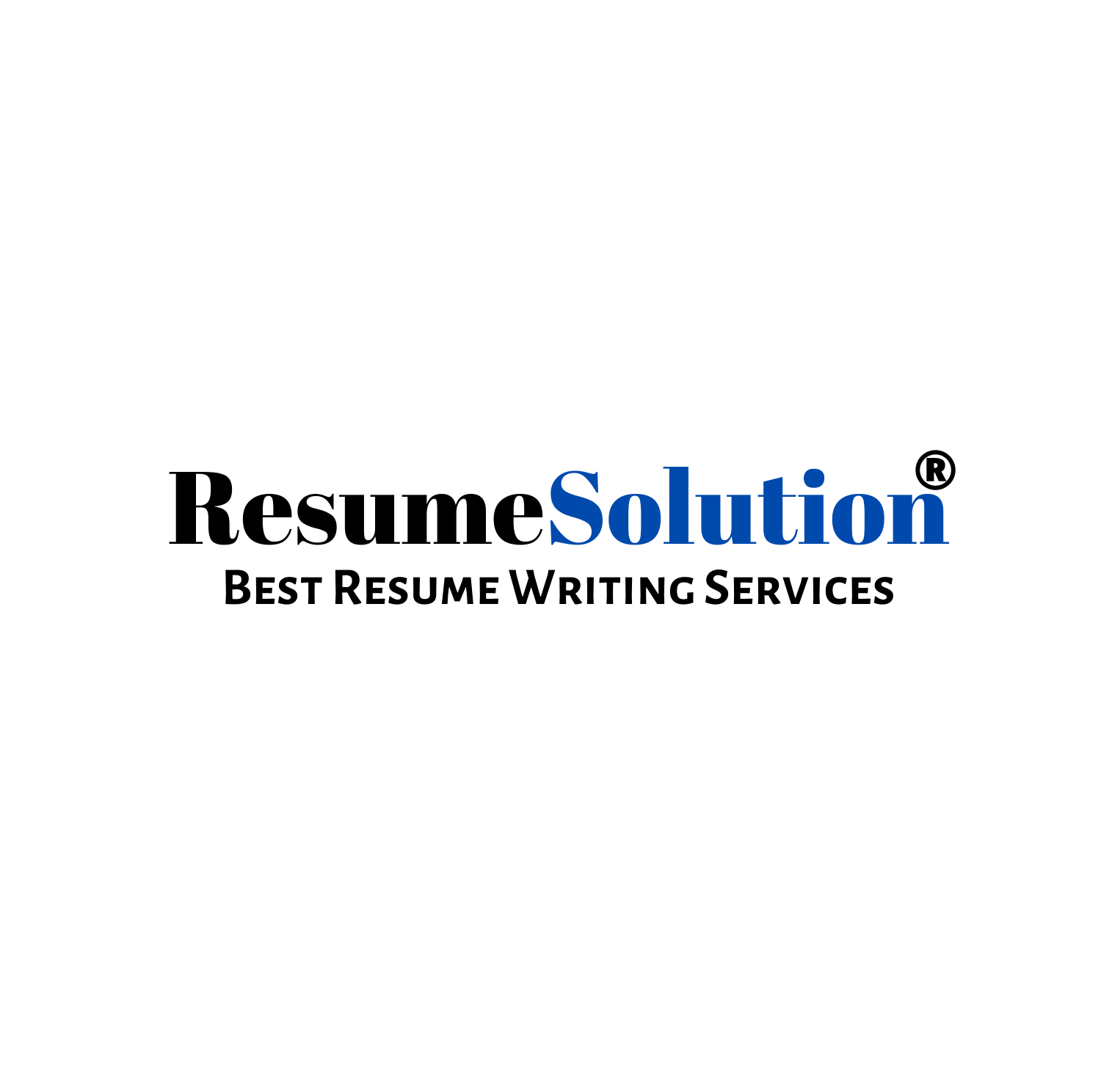Do Hiring Managers read the cover letters?
A strong cover letter may help the HR manager quickly identify candidates by highlighting their individual talents and personalities, saving time throughout the shortlisting process. True, there are some circumstances in which a cover letter is not required.
Main functions of cover letter
The process through which we apply for employment is changing, and digital hiring is growing in popularity. According to a research strategic recruitment metrics report, LinkedIn is used in the hiring procedures of more than nine out of ten organizations, and social media as a tool of applicant attraction has expanded significantly in recent years. The cover letter’s primary function is to formally express your interest in the position, but it also offers a useful platform for you to highlight your knowledge, abilities, and credentials. A poor cover letter might spell the difference between success and failure. First impressions matter. What, then, do hiring managers actually look for in a strong cover letter, and how can you make sure that yours stands out?
You should treat your job application with the same degree of care as you would your LinkedIn profile during job hunting. It will show in the content and seem evident to the HR manager if you rush the writing process or just cut and paste elements of your CV in a hurry.
Spend some time conducting an in-depth study. You should become familiar with the department’s and company’s brand principles, ongoing initiatives, and any recent triumphs. Use the job description’s keywords to your advantage as you illustrate how your abilities, qualities, and character fit the needs of the organization. Even though it requires more fact-finding, addressing the HR manager by name in a cover letter rather than generically gives it a pleasant yet competent touch.
Effective cover letter
One page to one and a half should be the ideal length for your cover letter. To keep the reader interested, stick to 250 words, but never more than 400. Think about breaking up your cover letter into an introduction, a major body of two to three paragraphs, and a compelling conclusion.
Throughout the job hunt, a cover letter may reveal interesting details about your character and demonstrate how you would fit in with the workplace culture. It gives you the chance to imaginatively elaborate on any job gaps on your resume in greater depth, such as a purposeful career pause and parental leave for child rearing. Also, it gives you the chance to include any volunteer experiences on your resume.
By boldly articulating your knowledge, experience, and expertise and utilizing your history to your benefit, you may also be able to counter any possible unconscious prejudice in the recruiting process. Avoid getting overly friendly, making jokes, or bringing up anything private about the HR manager that you might have seen on LinkedIn. Because you are not yet an employee, you run the risk of accidentally straddling the line between confidence and arrogance.
Best approaches to get attention of hiring manager
On the other hand, you ought to stay away from using language that is unnecessarily official or stiff, business jargon, or difficult terms that you wouldn’t typically use, such as “advantageous” in place of “useful.” If any parts don’t sound like you, rework them until you’re satisfied that they do. Try reading your cover letter aloud, recording yourself, and watching it back. You may even invite a trusted friend or relative to listen to you read. When a cover letter is prepared, even if it isn’t officially needed, it demonstrates how seriously you are interested in the position. A cover letter never fails to wow, according to two recent studies. A cover letter is the second-best approach to drawing attention to your resume after tailoring it specifically for the position, according to 49 percent of HR managers. Approximately 53 percent of employers believe that a résumé alone is insufficient to stand out from the competition. The statistics also showed that cover letters were effective for comprehensive, part-time, and internship positions alike.
Adhering to a two-page resume limits your ability to clarify or explain that work gap or the reasons for changing careers; this is the function of the cover letter. A hiring manager might refer to the cover letter to learn more about the circumstances underlying the employment gap rather than throw away your resume because of it.
Conclusions
It might be easy to forgo writing cover letters all together because they require time and effort, but resist the urge. Employers will notice whether you include a cover letter with your application, whether it is sent online or by email. A cover letter is worthwhile if it helps you land the job, even if no one reads it. Including a cover letter might give you a competitive edge even if it is not expressly asked. A skillfully written and compelling cover letter could catch the recruiting manager’s eye and help you obtain the position of your dreams.







